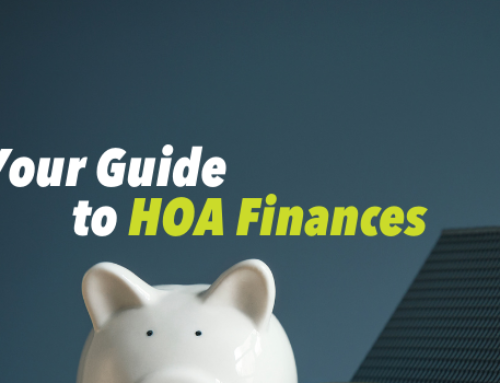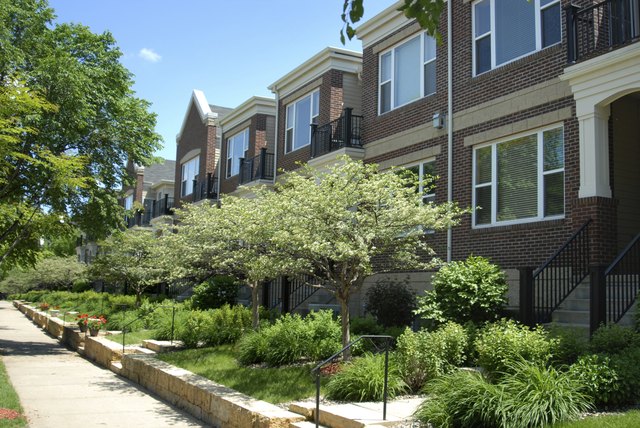
This loan may be considered non-recourse. The HOA may be subject to fair lending practices, meaning they'd have to make all of the truth in lending disclosures.ī. I spoke to a lender's attorney over the weekend. Maybe it can, but as others have pointed out its very problematic. And, would the association’s loan covenants restrict this? Can an association even loan to homeowners?

And in turn, would the increased cost, which is eventually paid by the owners, really provide a substantial benefit in the end? Also, this would mean each owner would have to probably pay the vendors directly, since they would have the funds what a nightmare. In order to meet his needs, this would seem to be both onerous and expensive. I would think this would be very problematic because the association would separately have to loan to each owner and file a lien, etc. Considering that the association should charge each owner legal and other costs for the ability to avail themselves of this scheme and that the association should also charge each owner a monthly fee just to process the monthly payment plan and that interest rates are fairly low, it would probably not be cost effective for an owner to do this at all. This is more of a legal challenge than an income tax issue. If the association were able to secure the special assessment by a separate individual agreement against the member’s residence, possibly the interest could qualify. I have never seen any special assessment where the interest portion for those owners that elected to pay the special assessment in installments and interest was imposed was qualifying residence interest though I would not know what any owner reported on their personal income tax return. investment property–-as far as nonrecourse vs. a 2nd trust deed or personal residence vs. And, who will analyze if there is sufficient equity in the house to make the loan? And, would the association want to make a 4th trust deed loan if that was the situation? And, wouldn’t there be a difference if it was a 1st trust deed vs. While associations do have some of this for assessment collections, to do so on this large scale does not seem feasible to me. To do so would require title searches, recording trust deed loans, liens, etc. I am not sure the HOA can or should step into the shoes of a bank. What usually occurs is if the unit owner wants the interest to be deductible they get a 2nd mortgage on their house from a bank/financial institution and pay their portion of the special assessment in full. Can it be done?ĪNSWER: I contacted half a dozen CPA firms that specialize in community associations and received the following responses: He said it could be done if he can borrow the money from the HOA so the interest becomes “Qualified Residence Interest” since it would meet the following IRS conditions: (i) acquisition debt – incurred to acquire, construct or substantially improve the taxpayer’s main or second home (ii) debt must be secured by the home and (iii) debt is limited to $1 million. One of our owners (a CPA) wants it structured so the interest is tax deductible for owners. We will get a bank loan secured by the special assessment. QUESTION: We plan to levy a large special assessment for infrastructure upgrades and capital improvements. The following question addresses tax deductible interest payments.

If, however, an owner's unit is a rental property, then special assessmentsĬould qualify as a tax-deductible expense (if the owner's tax adviser agrees). Yes, if you work from home then you can write off certain expenses related to your home office, which includes HOA fees.As a rule, special assessments imposed on members are not tax deductible. More Tax Savings: File at Ease at Home with Turbo Tax Can You Write-Off HOA Fees if You Work From Home? However, even if this is your primary residence then there is still an exception to this rule that will allow you to find a few deductions.

When it comes to whether or not these membership fees can be deducted from your income, there are three answers: Members may also be required to pay a fee each month or year so that the HOA can handle communal tasks like snow removal or amenity upkeep.


 0 kommentar(er)
0 kommentar(er)
